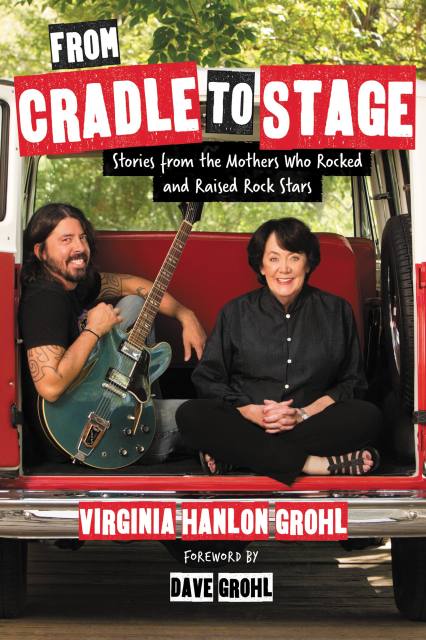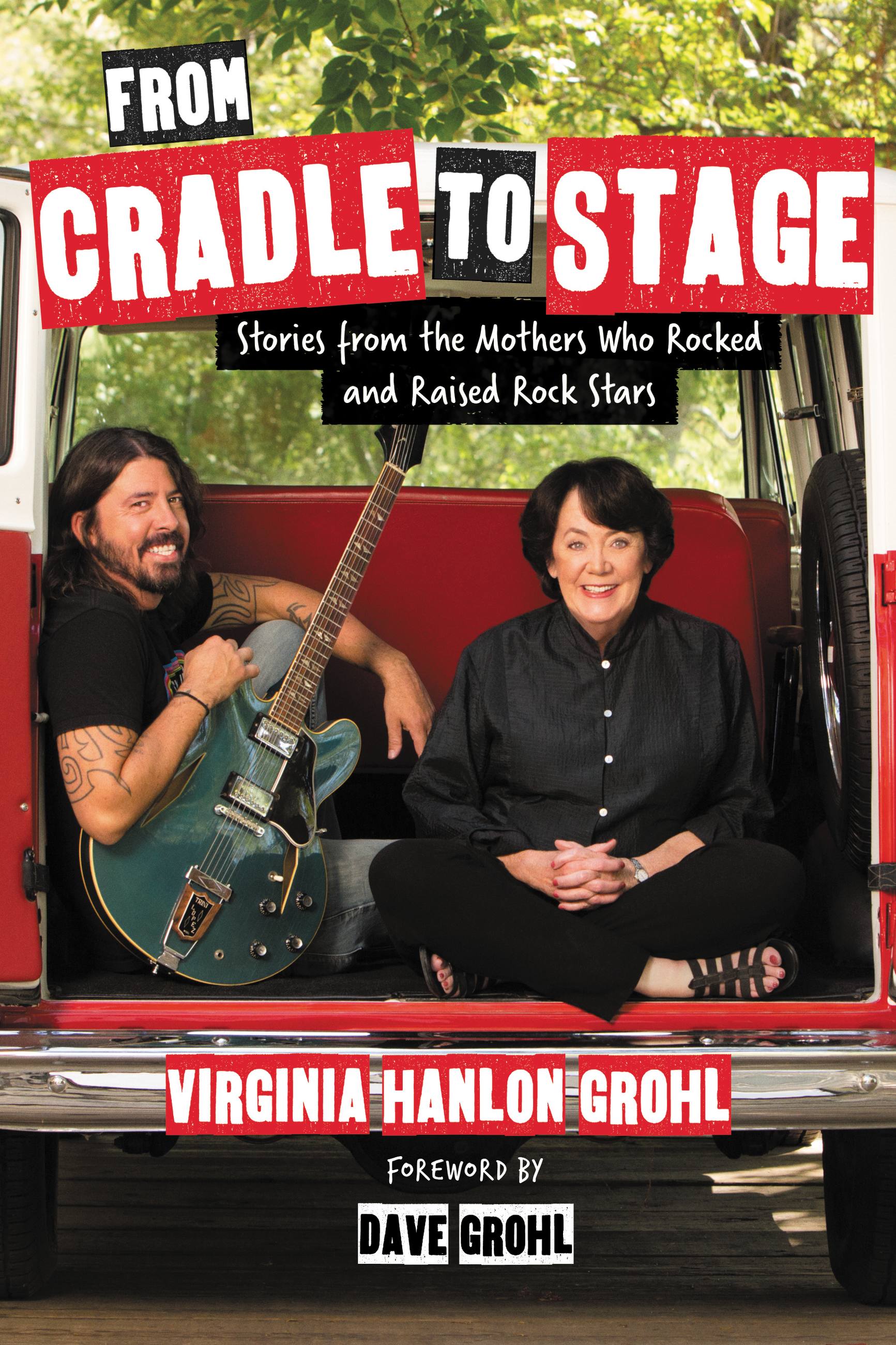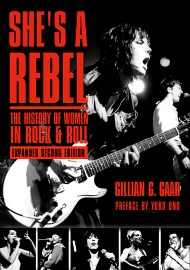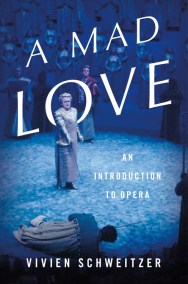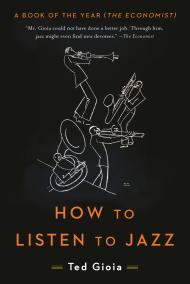By clicking “Accept,” you agree to the use of cookies and similar technologies on your device as set forth in our Cookie Policy and our Privacy Policy. Please note that certain cookies are essential for this website to function properly and do not require user consent to be deployed.
From Cradle to Stage
Stories from the Mothers Who Rocked and Raised Rock Stars
Contributors
Formats and Prices
- On Sale
- Apr 18, 2017
- Page Count
- 240 pages
- Publisher
- Seal Press
- ISBN-13
- 9781580056441
Price
$30.00Price
$38.00 CADFormat
Format:
- Hardcover $30.00 $38.00 CAD
- ebook $13.99 $16.99 CAD
- Audiobook Download (Unabridged)
This item is a preorder. Your payment method will be charged immediately, and the product is expected to ship on or around April 18, 2017. This date is subject to change due to shipping delays beyond our control.
Buy from Other Retailers:
While the Grohl family had always been musical-the family sang together on long car trips, harmonizing to Motown and David Bowie-Virginia never expected her son to become a musician, let alone a rock star. But when she saw him perform in front of thousands of screaming fans for the first time, she knew that rock stardom was meant to be for her son. And as Virginia watched her son’s star rise, she often wondered about the other mothers who raised sons and daughters who became rock stars. Were they as surprised as she was about their children’s fame? Did they worry about their children’s livelihood and wellbeing in an industry fraught with drugs and other dangers? Did they encourage their children’s passions despite the odds against success, or attempt to dissuade them from their grandiose dreams? Do they remind their kids to pack a warm coat when they go on tour?
Virginia decided to seek out other rock star mothers to ask these questions, and so began a two-year odyssey in which she interviewed such women as Verna Griffin, Dr. Dre’s mother; Marianne Stipe, Michael Stipe of REM’s mother; Janis Winehouse, Amy Winehouse’s mother; Patsy Noah, Adam Levine’s mother; Donna Haim, mother of the Haim sisters; Hester Diamond, Mike D of The Beastie Boys’ mother.
With exclusive family photographs and a foreword by Dave Grohl, From Cradle to Stage will appeal to mothers and rock fans everywhere.
Genre:
-
"In From Cradle to Stage, Grohl proves that the most interesting thing about rock moms is not their children - it's a culmination of the decisions they've made as mothers: the sacrifices, boundless support and trust that granted their children the freedom to pursue their dreams."LA Weekly
-
"From Cradle to Stage finds Grohl interviewing the mothers of 18 music stars, shedding light on what it's like to raise a creative child who becomes a star, as well as sharing elements of their own stories."New York Post
Newsletter Signup
By clicking ‘Sign Up,’ I acknowledge that I have read and agree to Hachette Book Group’s Privacy Policy and Terms of Use
